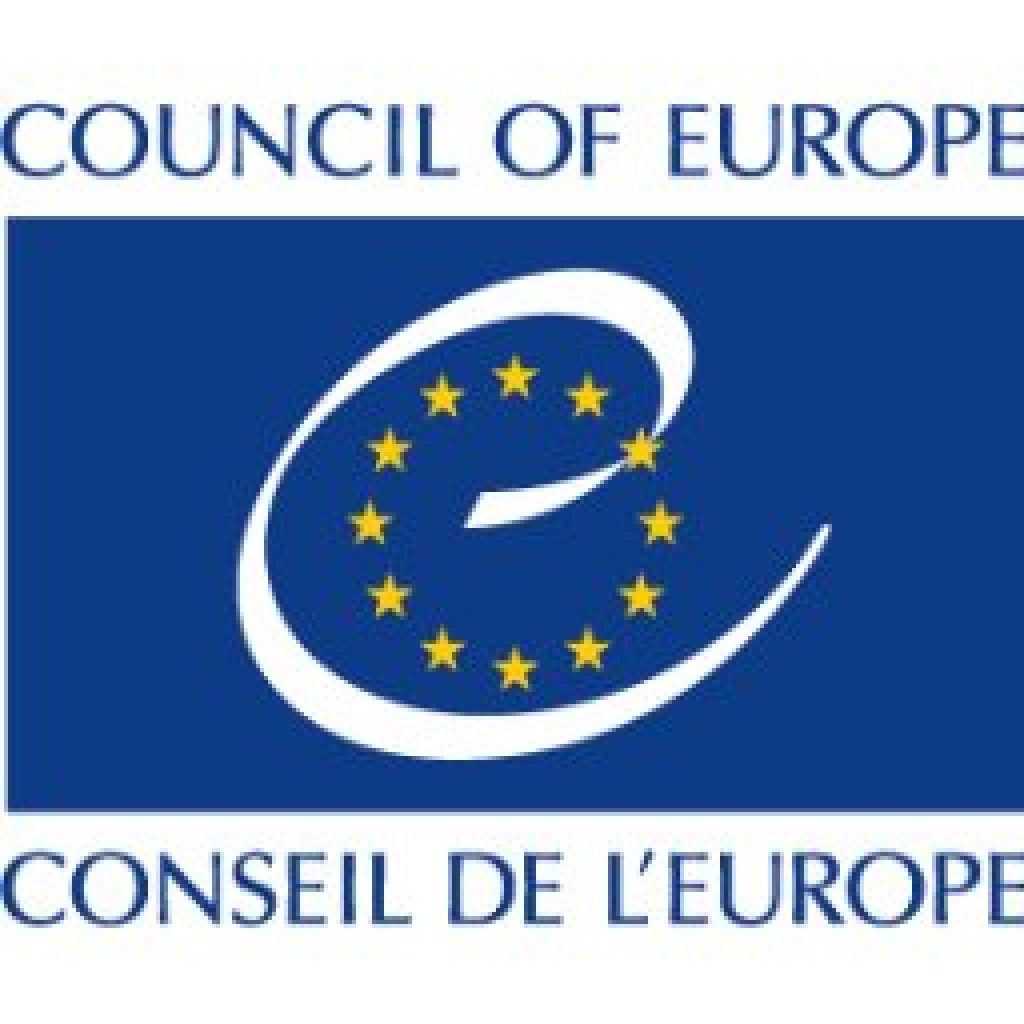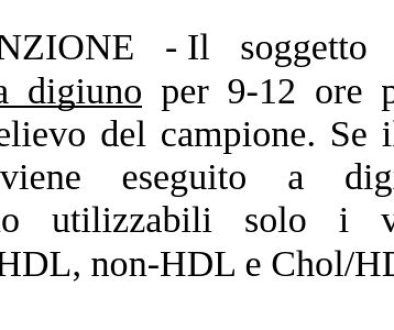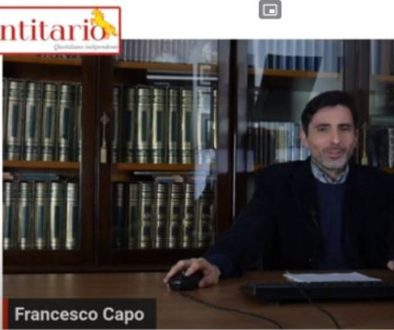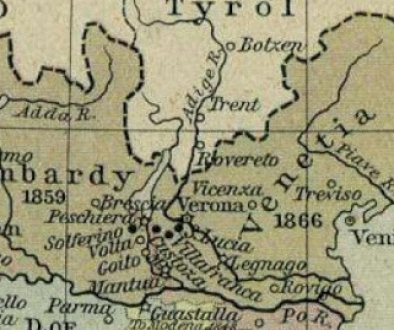The Oviedo Convention is applied in Italian territory, with no doubts
The Oviedo Convention, short name for the “Convention for the protection of human rights and human dignity with regard to biology and medicine: Convention on human rights and biomedical“, It has been supplemented by a protocol on the prohibition of cloning of human beings. These acts were signed by the Italian government, and that is enough to trigger the prohibition of their violation.
In fact, to article 18 of the Vienna Convention on the Law of Treaties "A State is obliged to refrain from acts likely to deprive a treaty of its object and purpose when it signed the Treatyâ€.
Then there are those who say that it has not been ratified, but this is a lie , the Italian Parliament with the law 28 March 2001 145 gave "full and entire execution [..] the Convention and the Protocol [on the prohibition of cloning human beings] [ ..] from the date of their entry into force, in accordance with the provisions, respectively, Article 33 the Convention " (art.2), then in practice it was 1999.
However, there are those who say that despite this the law is ineffective, and instead the law n. 145 of the 2001 He has now settled the relationship between domestic law and international law,so much so that it was recalled in several ordinances as well the Ministry of Health, but also in judgments of the judiciary and even of the Constitutional Court.
A
So anyone who says that it has no effective say of course nonsense.
There are those who say that in some way the failure to deposit the ratification with the Council of Europe, put it in a “empty”.
The thing is nonsense and corresponds to say that the Constitution is worthless. In fact, it is enough to answer these simple questions:
1) who is the holder of political and legal sovereignty in the Italian Constitution ? Answer: the parliament
2) the President of the Republic may object to an Act of Parliament? Answer : only if it is unconstitutional, in this case it refers to the rooms prior to the Publication, but can not oppose a law published.
3) Who needs to delete an unconstitutional law when published? Answer: the Constitutional Court.
4) Can the President of the Republic to oppose a law on human rights published prior to his presidency ? Answer: No, this would constitute a subversion of the Constitution because it would deny sovereignty to Parliament and the human rights protected by the Constitution
5) Can the government or someone else denying effectiveness to a law published in the Official Gazette? Answer: No, this would constitute a subversion of the Constitution because it would deny sovereignty to Parliament and the validity of the Constitution.
6) If a law is contrary to international law ratified, which must apply the judge who is to decide ? Answer: the judge must disapplicare the internal law and implement the International. It may also ask the Constitutional Court to declare unconstitutional the internal law. The court may not, however, apply the law unconstitutional, if it does, there is an appeal, and after the appeal the court of human rights if it comes to human rights such as those of the Oviedo Convention.
7) non-performance of the government during the six months period can enforce a law at odds with human rights as the law Lorenzin? Answer: No, the unconstitutional law does not apply.
8) Can a law be overcome and betraying the principles of international law to which the State has given the Signature ? Answer : No, This is contrary to the Vienna Convention on the Law of Treaties.
9) If the State or the President of the Republic or the Government voluntarily betray international law signed ratified and made executive with law published in the Official Gazette, would be prosecuted ? Answer: Yup, the case of attack on the Constitution, Gone are the legal remedies are subject to popular stopping place for subversion.
10) Some claim that the Oviedo Convention is not an international law signed, ratified and enforced by a published law, What are you doing ? Answer: It is collaborating with an illegal overthrow of the legally recognized human rights.
If there is anyone who has something to say , just write.
A
A






